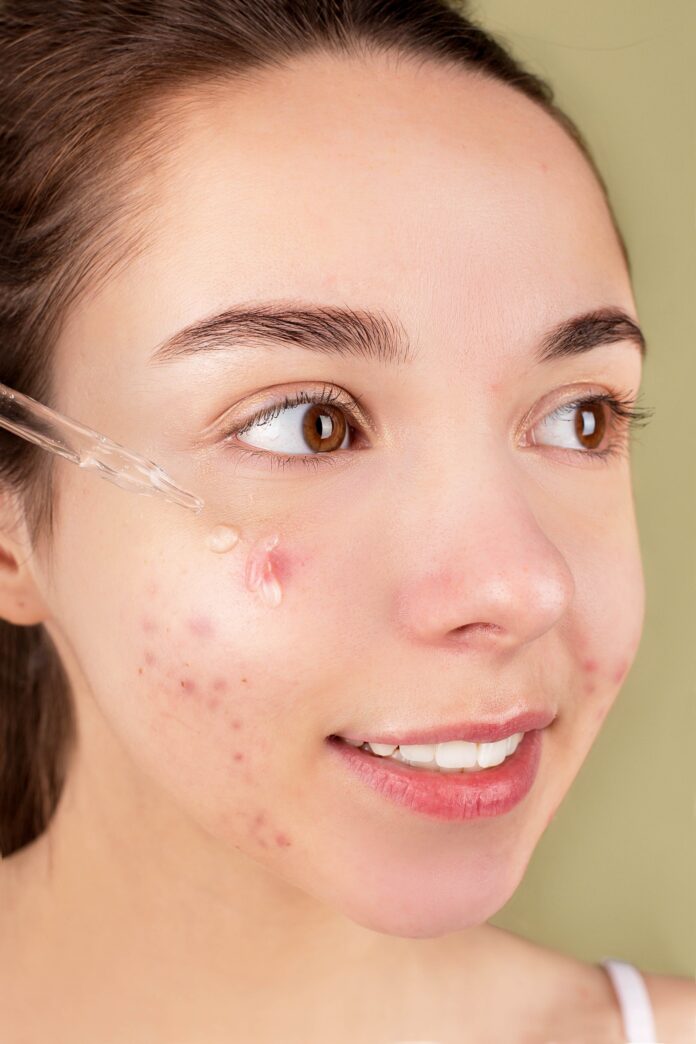Acne is a common skin condition that affects millions of people worldwide. While acne breakouts can be distressing, the scars they leave behind can be equally challenging to deal with. Acne scars can vary in appearance, including pitted scars, raised scars, or dark spots on the skin. Thankfully, advancements in dermatology have led to various effective treatments that can help reduce the visibility of these scars and improve the overall texture and tone of your skin treatment for acne scars.
Understanding Acne Scars
Acne scars develop as a result of inflammation and damage to the skin’s tissue during the healing process of acne breakouts. There are different types of acne scars, including atrophic scars (indentations or depressions in the skin) and hypertrophic scars (raised and thickened scars). The severity and type of acne scars will determine the most suitable treatment option for you.
Topical Treatments for Acne Scars
When it comes to treating acne scars, topical treatments play a significant role. These treatments often contain ingredients such as retinoids, vitamin C, hydroquinone, or kojic acid, which can help fade scars, reduce pigmentation, and promote skin cell turnover. Regular and consistent use of these topical treatments can gradually improve the appearance of acne scars over time.
Chemical Peels
Chemical peels are a popular dermatological treatment for acne scars. During a chemical peel, a solution is applied to the skin, causing the top layer to peel off. This process stimulates the growth of new skin cells and collagen, resulting in smoother and more even-toned skin. Chemical peels can be customized based on the severity of your acne scars and your skin type.
Micro needling
Micro needling is a minimally invasive treatment that involves the use of a device with fine needles to create tiny punctures in the skin. These micro-injuries trigger the skin’s natural healing response, stimulating the production of collagen and elastin. As the skin repairs itself, the appearance of acne scars diminishes, revealing smoother and rejuvenated skin.
Laser Therapy
Laser therapy has revolutionized the treatment of acne scars. Various laser treatments, such as fractional laser resurfacing and pulsed-dye lasers, can effectively target and reduce the visibility of acne scars. Laser therapy works by promoting collagen production and remodeling the skin, leading to a significant improvement in scar texture and pigmentation.
Dermal Fillers
Dermal fillers are injectable treatments that can help fill in depressed acne scars and restore volume to the skin. These fillers contain substances like hyaluronic acid, which plump up the depressed areas, making them less noticeable. Dermal fillers provide immediate results and can last for several months, depending on the type of filler used.
Microdermabrasion
Microdermabrasion is a non-invasive exfoliation technique that gently removes the top layer of dead skin cells, revealing fresh and smoother skin underneath. This treatment can improve the appearance of mild acne scars, reduce hyperpigmentation, and enhance the overall texture of your skin. Regular sessions of microdermabrasion can lead to noticeable improvements in acne scars over time.
Natural Remedies for Acne Scars
If you prefer a more natural approach to treating acne scars, several home remedies can help reduce their appearance. These remedies include applying aloe vera gel, lemon juice, honey, or tea tree oil to the affected areas. While these natural remedies may not provide instant results like clinical treatments, they can gradually fade scars and promote healthier-looking skin.
Prevention Tips
Prevention is always better than cure. To minimize the risk of developing acne scars, it’s essential to take good care of your skin. Avoid picking or popping pimples, as this can lead to increased inflammation and scarring. Maintain a consistent skincare routine that includes gentle cleansing, exfoliation, and moisturization. Additionally, protecting your skin from sun exposure by using sunscreen can help prevent hyperpigmentation and further damage to the skin.
Dealing with acne scars can be emotionally challenging, but with the advancements in dermatological treatments, you can take control of your skin’s appearance. From topical treatments to advanced clinical procedures, there are numerous options available to help you achieve smoother, more even-toned skin. Remember to consult with a qualified dermatologist who can assess your specific needs and recommend the most suitable treatment for your acne scars.
Help keep news FREE for our readers
Supporting your local community newspaper/online news outlet is crucial now more than ever. If you believe in independent journalism, then consider making a valuable contribution by making a one-time or monthly donation. We operate in rural areas where providing unbiased news can be challenging. Read More About Supporting The West Wales Chronicle

























